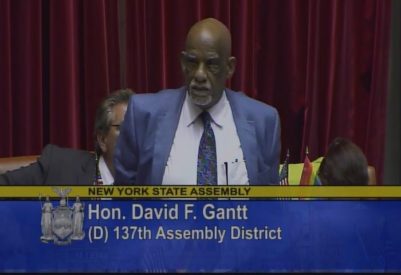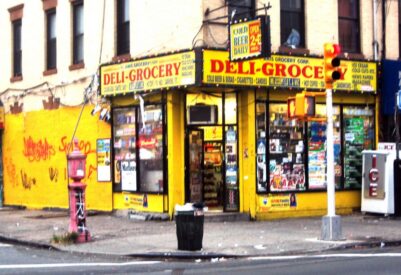
Mayor Lovely A. Warren unveiled her 2019-2020 operating budget today, investing in programs that close the income gap while creating new efficiencies that will protect taxpayers in the long-term. Despite facing significant fiscal challenges, Mayor Warren’s proposed budget is balanced and does not increase the property tax levy.
“We are not asking this community for one dollar more in property taxes,” the Mayor said.
The 2019-20 spending plan is $552 million – an increase of 1.8 percent from the prior year, which is in line with inflation. It includes investments in infrastructure, public safety, job creation and services for our children and families. It includes a capital investment of more than $65 million and funds the Rochester 2034 Comprehensive Plan, unveiled Thursday.
“This budget was designed with the taxpayers’ interests at the forefront, helping us create more jobs, safer and more vibrant neighborhoods and better educational opportunities where they are needed most, while also finding efficiencies that address today’s public sector fiscal challenges,” Mayor Lovely Warren said. “The 2019-2020 Budget is our City’s down payment on the future envisioned in the Rochester 2034 Comprehensive Plan. By making the investments necessary to lift as we climb, so that no one gets left behind, we are building a future that is truly bright for everyone – no matter who they are, what they look like, where they started or who they love.”
The City has been recognized by Standard & Poor’s as the best fiscally managed city in upstate New York. The City achieved this improvement while receiving significantly less from New York State as a percentage of total revenue than the other three large upstate cities.
Highlights of Mayor Warren’s budget include:
JOBS: In her budget, Mayor Warren announced a new job training initiative – Project Phoenix, which will teach construction skills and provide lower-income homeowners with necessary repairs, lifting up neighborhoods while providing much-needed jobs. Her budget also provides additional resources for the Office of Community Wealth Building and continued support for existing job training programs that prepare residents for careers in the manufacturing and environmental remediation trades.
VIBRANT NEIGHBORHOODS: Mayor Warren’s budget returns the Clinton-Baden Community Center to City management. It will serve as an R-Center, providing programming and outreach to children and families. It funds La Marketa at the International Plaza and installation of new parking meters to accept credit cards and pay-by-phone. The budget also creates the Rochester Community & Youth Sports Complex at the former soccer stadium site.
PUBLIC SAFETY: Mayor Warren’s budget fully funds recruit classes for the Police and Fire Departments, includes upgrades to body-worn cameras and funding for a Police Accountability Board. The budget expands service hours for the Pathways to Peace Outreach Program, which will allow for greater outreach in city neighborhoods.
EDUCATION: The 2019-2020 budget funds for pre-K, literacy and STEAM (science, technology, engineering, arts and math) programs. The budget increases library funding to support programming for new Americans. The budget also fully funds the $119.1 million legally mandated Maintenance of Effort (MOE) obligation to the Rochester City School District.
“This budget continues to fully fund our Maintenance of Effort obligation to the City School District despite my grave concerns that the system is broken and demands change,” Mayor Warren said. “We must not rest while our children are failed by a broken system. We must ensure that the needs of all of our children, and all of Rochester’s residents, are met.”
GOVERNMENT MODERNIZATION: Mayor Warren’s budget creates an Office of Project Management and Information Services which will help make government more accessible to the public. “This change will break City government out of its silos and make sure all departments are working in concert to meet the needs of our community,” Mayor Warren said.
To fund these initiatives, Mayor Warren makes use of existing fund balances, including a $1.5 million surplus from the Health Care Rate Stabilization Fund. The Typical Homeowner Burden increases a modest $49.56, primarily due to the state mandated property tax shift, a 1 percent increase in water rates and a 2 percent increase in public works rates.
“This year’s budget controls spending, protects taxpayers and invests in a future that we can all be proud of,” Mayor Warren said. “I look forward to working with City Council throughout the review process with the full confidence that together, we will adopt a budget that delivers more jobs; safer, more vibrant neighborhoods and greater educational opportunities for all.”





